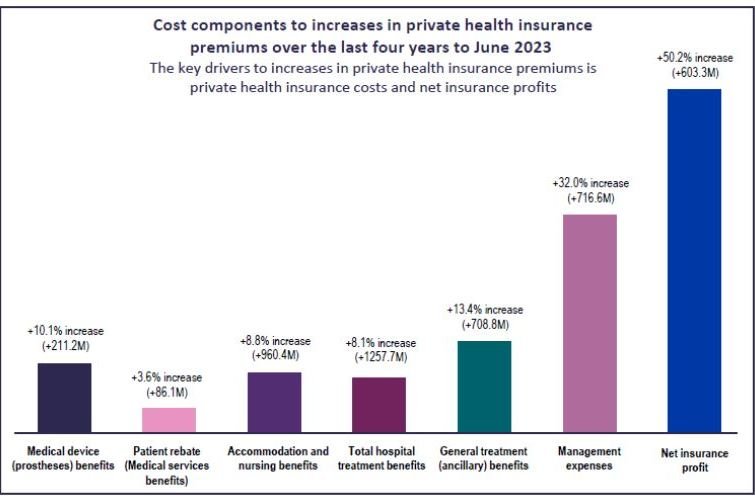
19/11/2019 – The average tax-to-GDP ratio for the 26 countries participating in the new edition of Revenue Statistics in Africa was unchanged at 17.2% for the third consecutive year in 2017. This was lower than the averages for Latin America and the Caribbean (LAC) at 22.8% and for the OECD at 34.2%, underlining the need for urgent action to enhance domestic revenue mobilisation in Africa.
The 26 countries covered in Revenue Statistics in Africa 2019, released today in Tunis at the African Union’s 13th Session of the Committee of Directors-General of National Statistics Offices, represent nearly three-quarters of Africa’s GDP. The report shows that tax-to-GDP ratios varied widely across these countries in 2017, ranging from 5.7% in Nigeria to 31.5% in the Seychelles. This fourth edition has grown from 21 to 26 countries and includes Equatorial Guinea, Madagascar, Mauritania, Nigeria and the Seychelles for the first time.
While tax revenues plateaued as a percentage of GDP for the Africa (26) in 2017, non-tax revenues (primarily rents and royalties from natural resources, as well as grants) continued to decline and were lower than tax revenues in all but three of the 26 countries: Botswana, the Republic of the Congo and Equatorial Guinea. Between 2010 and 2017, an increase in tax revenues equivalent to 1.9% of GDP on average was offset by a decline in non-tax revenues from 7.5% of GDP to 5.7% of GDP.
African economies continue to rely heavily on taxes on goods and services, which accounted for 53.7% of total tax revenues across the 26 countries. Within this category, value-added taxes (VAT) accounted for 29.4% of total tax revenues. Meanwhile, corporate income taxes (CIT) generated 18.6% of total tax revenues – a higher proportion than in LAC and in the OECD – and were equivalent to 2.8% of GDP in 2017. This is the same level as in 2016, halting the decline in CIT as a percentage of GDP since 2013.
Overall, the tax structure across participating countries has evolved over the past decade, with VAT and personal income tax (PIT) accounting for a higher proportion of revenue generation in 2017 relative to 2008, on average. However, PIT (15.4% of total tax revenues) and social security contributions (8.1% of total tax revenues) remain low in Africa. Reforms to broaden the personal tax base, remove harmful and regressive subsidies, and expand social insurance coverage can assist in domestic resource mobilisation efforts while contributing to inclusive growth.
Enhancing the efficiency of VAT systems can also provide higher and more sustainable revenues, and improve distributional or environmental outcomes. Environmental taxes are found to represent a small but increasing share of tax revenues in Africa and can have an important role in raising revenues and encouraging the transition to a low-carbon economy. Property taxes are shown to be much lower in Africa than in LAC and in the OECD but have the potential to play a key role in funding better local services. Equally, improvements in governance and spending may also lead to higher revenues by improving tax morale and making citizens more willing to pay taxes.
A special feature assesses the potential impact of the African Continental Free Trade Area (AfCFTA) on the level and structure of tax revenues, drawing on the detailed data on these revenues in this report. While AfCFTA is likely to strengthen Africa’s economic growth and increase tax revenues in the medium-to-long term, the elimination of taxes on trade within the region will likely reduce revenues in the short term. Trade taxes accounted for 11.8% of total taxation on average in 2017 across the 26 countries in this report. Low-income and least developed countries in the region tend to rely more on trade taxes and are more vulnerable to the short-term impact of reduced trade taxes, underlining the importance of the flexibility mechanisms envisaged by the AfCFTA.
Revenue Statistics in Africa is a joint initiative between the African Tax Administration Forum (ATAF), the African Union Commission (AUC) and the Organisation for Economic Co-operation and Development (OECD) and its Development Centre, with the technical support of the African Development Bank (AfDB), the World Customs Organisation (WCO) and the Cercle de Réflexion et d’Échange des Dirigeants des Administrations fiscales (CREDAF) and the financial support of the European Union.
The report and data can be accessed here.







